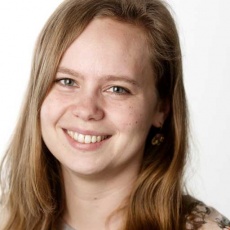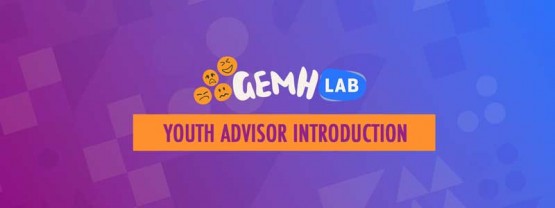In this theme month we look at kindness and prosociality. It was a very welcome coincidence that on November 14 Dr. Markus Paulus (Ludwig-Maximilians-University of Munich) came to visit the Behavioural Science Institute to talk about his work on the early development of prosocial behavior. His spotlight lecture was titled "The development of helping, sharing, and comforting in young children" (http://www.ru.nl/bsi/news-events/bsi-events/spotlight-colloquium-markus-paulus-ludwig/). Here's a summary of some of the topics he discussed.
Dr. Paulus started with the question: why should we even study prosocial behavior? The answer is very simple: "because it makes us human". On November 14 Nastasia wrote a blog on how important being social is, but she focused mainly on social behavior in older children or adults and the more reflective part of prosociality. Dr. Paulus gave us some insight in how it works for very young children.
So, why do young children help, share and comfort others? Rousseau believed that we are born good, that we have a natural concern for others. Other challenge this idea, because instances of early prosocial behavior do not relate to each other. They are heterogeneous phenomena and therefor we are not "born good", it develops. Research on the human brain has shown that there is not one area or function of the brain that is responsible for all prosocial behavior. Dr. Paulus therefore suggested that prosociality is multidimensional: it needs different brain functions AND there seem to be different motivations for prosocial behavior.
He used the example of instrumental helping (action-based, like picking up a pen someone dropped on the floor) as an example. Here is a little clip of how an experiment on instrumental helping in children might look like: https://www.youtube.com/watch?v=kfGAen6QiUE
The question that dr. Paulus then asked was: does this instrumental helping come from a genuine altruistic motivation, does it have a social motivation or has it more to do with goal alignment? Studies have shown that it depends on which phase of development you are looking at. For example, there are no differences in 2-year-olds when it comes to instrumental helping. They help each person, independent of whether that person is good or bad. 4-year-olds however do make the distinction between good en bad people. It seems younger children are not able yet to control their impulse to help when it concerns a bad person. Furthermore, younger children do not seem to take the needs of others into account when helping. While 3,5-year-olds show more helping behavior towards people who need it, 1,5-year-olds on average do not make that distinction.
Dr. Paulus concluded that early instrumental helping does not seem to come from emphatic concerns and very young children do not seem to make a difference between good and bad, needy and not-needy people, making their behavior more impulsive than reflective.
In sharing a similar pattern can be found, with 3-year-olds not taking the needs of others into account, while 5-year-olds do. Fairness related concerns also seem to develop later in life. 5-year-olds show that they believe that the "richest" should share more than the "poorest". They start reflecting on what is fair and what is not, while the younger ones don't.
The main conclusion dr. Paulus left us with was that we see prosocial behavior at different ages, but with different motivations. 3-year-olds have more pre-reflective, heterogeneous, non-altruistic prosocial tendencies, while 5-year-olds have a more normative stance, which is reflective, unified (to some extent) and shows true altruism. So we may not have been born good, but we certainly have developed it over the years.
I hope that in these last days of the year you'll think of your 5-year-old self and get inspired to show some kindness to those who need it.





